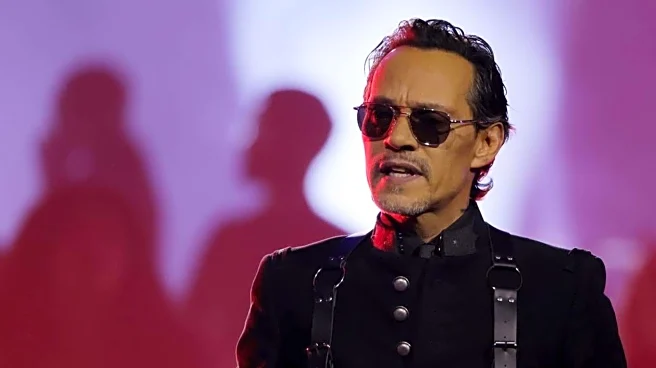As winter approaches, many people look forward to cooler days, cozy evenings, and festive gatherings. But for individuals living with epilepsy, the drop in temperature may bring an unexpected concern:
an increased risk of seizures. While it may sound surprising, cold weather can silently influence the brain’s electrical activity—and understanding how can help prevent complications.According to Dr. Vinit Banga, Director of Neurology at Fortis Hospital, Faridabad, several physiological and environmental changes during winter can make seizures more common. “As the temperature dips, the body fights hard to retain its core heat. This extra physical stress raises metabolic demands and may lower the seizure threshold within the brain,” he explains.The sudden transition from warm indoor environments to chilly outdoor temperatures can also be jarring to the nervous system. “For sensitive individuals, this temperature shock alone can trigger abnormal electrical activity,” he adds. Even something as simple as stepping outside into cold air after being in a heated room may contribute to a seizure in those already vulnerable.
One lesser-known trigger is hyperventilation caused by breathing cold air, especially during outdoor activities or exercise. Dr. Banga notes, “When you inhale cold air, you may unintentionally breathe faster. This reduces carbon dioxide levels in the blood, leading to neuronal hyperexcitability and increasing the possibility of seizures.”Winter also brings indirect triggers, disrupted sleep during holiday travel, emotional stress, and seasonal infections such as the flu or respiratory illnesses. Each of these is independently known to raise seizure risk, and combined, they can create a challenging environment for individuals with epilepsy.So how can one stay safe? Dr. Banga emphasizes planning and prevention. “Wear warm, layered clothing, especially covering the head and neck, where most heat loss occurs,” he advises. Avoid abrupt temperature changes by letting the body adjust gradually in entryways or transitional spaces. Maintaining regular sleep schedules, staying adequately hydrated, and taking anti-seizure medications on time become even more critical during winter months.
If cold air tends to cause hyperventilation, Dr. Banga recommends covering the mouth and nose with a scarf or mask to warm the air before inhaling. And above all, minimizing stress, resting well, and seeking prompt treatment for infections are key.Understanding how the body responds to winter allows people with epilepsy to stay in control—ensuring that the season remains safe, manageable, and seizure-free.

/images/ppid_a911dc6a-image-176328604059678866.webp)











/images/ppid_59c68470-image-177070527012744285.webp)
